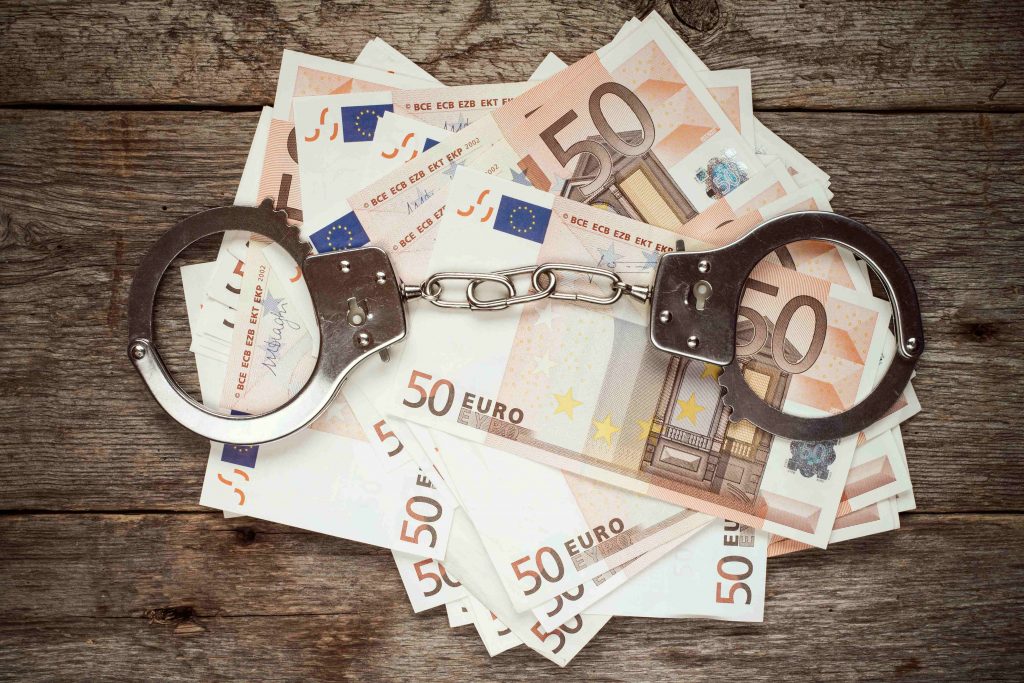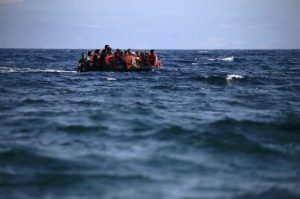Power, a Chimera, a multifaceted concept, is not static. It evolves, comprising disparate parts, each more imaginative, implausible, and dazzling than the last. The broader concept of power encompasses the ability to instigate or inhibit change. Within social and political philosophy, more precise definitions of power delineate the specific types of changes involved. Social power, for instance, refers explicitly to the capability to influence the interests of various stakeholders. ‘The desire for power is the main driving force in humans—namely, achievement, ambition, and the striving to reach the highest possible position in life’ (Nietzsche’s philosophy).
In international relations, material definitions of state power focus on economic and military strength. But replacing “relations” with “politics” immediately brings forth the notion of production within and through social interactions that impact actors and shape their ability to determine their destiny. This interdisciplinary nature of power, spanning various fields, underscores its complexity and significance.
All of the aforementioned occurs within a particular environment or “space”. We often prematurely conclude that this “space” is purely geographical. This assumption is incorrect, but we will proceed with this concept for this discussion.
In the European Union’s “international relations” framework, space is typically associated with the concept of borders. Two decades ago, in 2004, the Union expanded its boundaries to encompass additional states. Before that occurred, these actors were indeed considered and addressed as future members. There was no implication of threat. The assumption at that time was that the Eastern regions would transform while the Western regions would remain unchanged. This perspective, however, has now become obsolete. The EU actively strives to consolidate a geopolitical “space”, rendering the term increasingly pivotal and nuanced in this context, demanding our immediate attention.
Again, looking toward the East, “space” now “geopolitical”, introduces a different connotation. It brings to mind the profound implications of the “Heartland” theory by Halford Mackinder. “He who rules Eastern Europe commands the Heartland’, meaning the area east of the Volga, south of the Arctic, west of the Yangtze, and north of the Himalayas. “He who commands the Heartland, commands the ‘World Island'”, meaning Afro-Eurasia. And finally, “he who commands ‘the world island’ commands the world”. To a great extent, these concepts are a power game, underscoring the gravity and significance of the geopolitical implications of “space” in Eastern Europe.
Suddenly, President Macron’s fixation with Ukraine and Europe’s Eastern Border amasses a different meaning in the grand scheme. In 2016, Charles Clover, who was serving as the Financial Times China correspondent and had previously been their Moscow bureau chief, authored an article for Foreign Policy journal titled “The Unlikely Origins of Russia’s Manifest Destiny”. What is the core message of his article? It explores how an overlooked academic and a sidelined philosopher influenced the Kremlin’s thinking and contributed to modern Russian nationalism. The article details Putin’s fascination with the “heartland” concept and how these ideas catalysed Russia’s contemporary version of “Manifest Destiny”. How China’s Pivot to Russia, “west of the Yangtze, and north of the Himalayas” prescribes that idea. A pattern emerges where “aligned” actors of the international system appear to act under a certain “aligned” strategic approach.
Macron understands that. It matters not if the strategic approach -concerning Mackinder’s theory- is an aloof one. The author of this article does not prescribe to the relative premise. What matters is that the one who moves first, and certainly does prescribe, sets the pace. Russia moved first; the game is afoot!
Europe stands in the middle of all this. The US, all-powerful, is far away and looking towards China. Europe’s future is in Africa, part of the ‘World Island’, Afro-Eurasia as Mackinder calls it. Is this of no importance for Europe and the West? China, with the pivot to Russia and the financial domination of Africa and the Kremlin with an active conflict in Eastern Europe and a rampaging campaign -through Wagner- in Africa and the Sahel, beg to differ.
Europe has two equally important tasks. One refers to the present: keeping Ukraine (and Eastern Europe) alive. Two, honestly and democratically engaging in Africa, the actual living “space” for Europe, before it is too late.
*Dimitris Kollias is a Junior Research Fellow – Programme Manager, ELIAMEP


